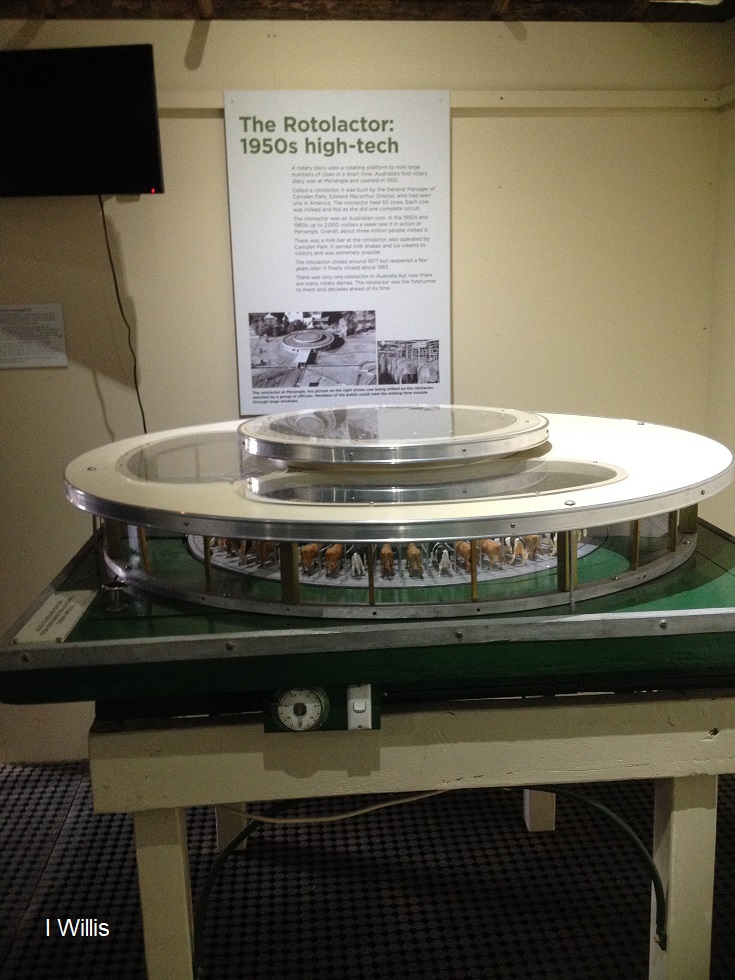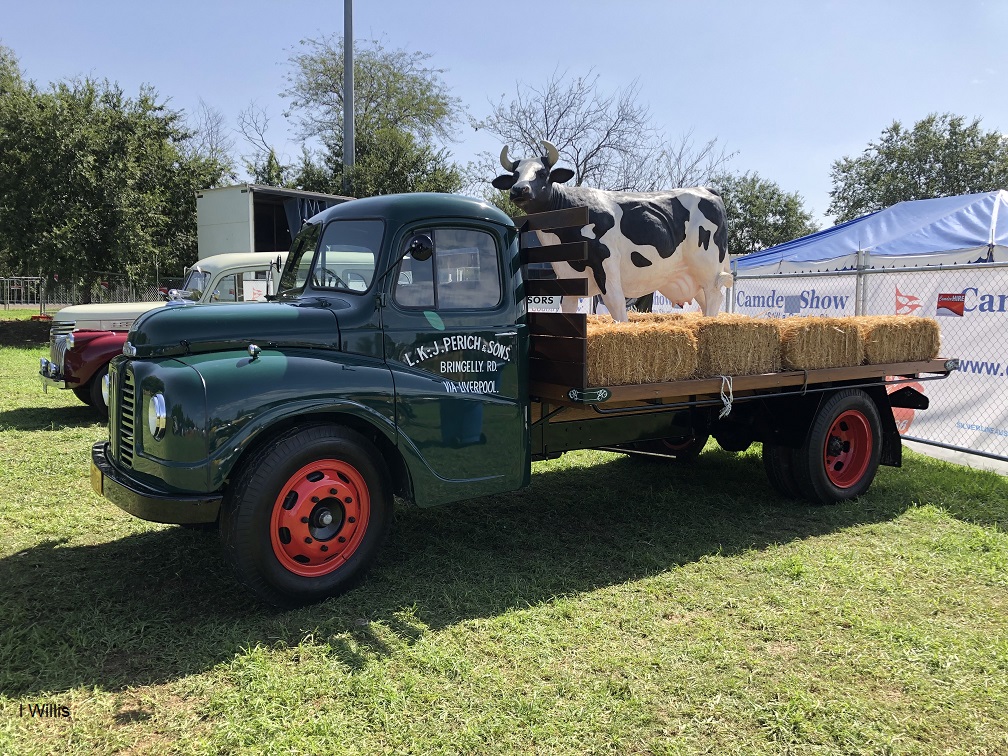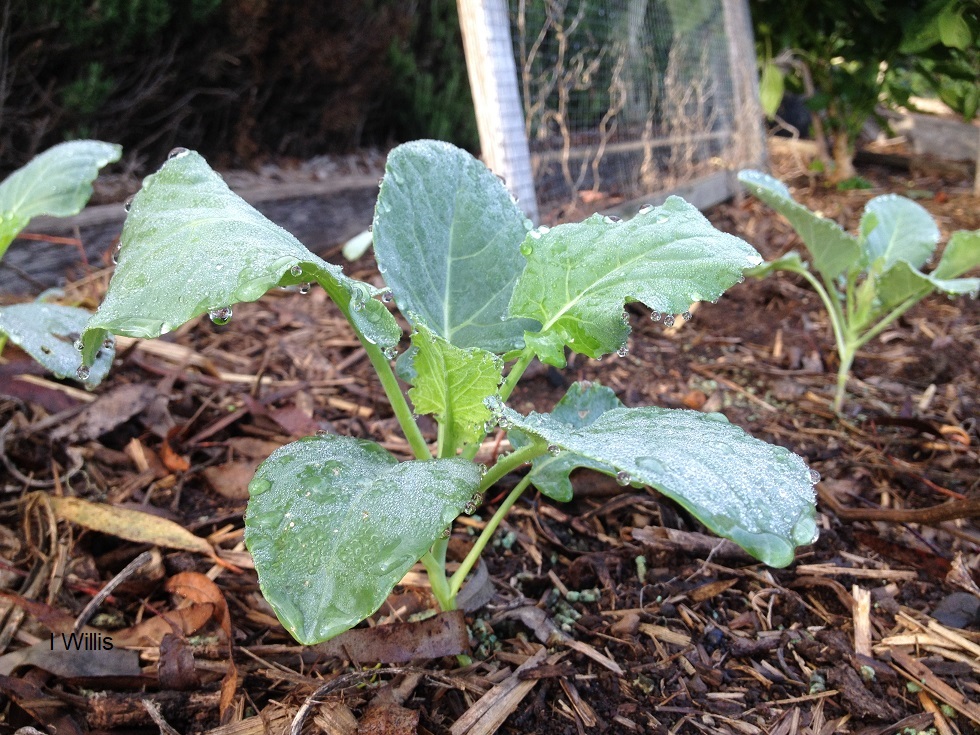A grand exhibit for a pandemic
This time of the year usually is show week in Camden when the festival rolls into town.
2021 is a bit different. Not normal at all. In the middle of a pandemic, there is no show for the second year in a row.
That has not stopped the Camden Show society from getting into action and the spirit of the event.
Committee member Jason Sharpe provided a taste of the show with a colourful temporary display at the recent sponsors’ night.
I was lucky enough to attend the sponsors’ night as the guest of Ian Johnson, the principal at IJ Ag Services.
Better known as a horseman and a sometimes renowned bush-poet Jason Sharpe turned his hand to constructing a sample show display for the assembled guests.

Jason out-did himself and blew everyone away with his creativity. His artistic work with pumpkins, corn, hay, chooks, and other produce to be seen to be believed.
If you want to learn how to make a pumpkin look classy beside a handsome bale of hay surrounded by a chorus of chooks, have a chat with Jason.
Jason observed that ‘you cannot understand where you are going without knowing where you have come from’. He used this philosophy in his construction of the temporary display and his acknowledgement of the rich history of the Camden Show.
It was a real shame that it was only a temporary display. I am sure it would have appealed to lots of others in the absence of the 2021 show.
<pics>

A sponsors’ night in the middle of a pandemic
The show committee regularly holds a sponsor’s event each year to say thank you for their support. Without the sponsor’s support, the show would be unlikely to happen.
The current sponsors are listed on the show society website.

Show president Greg Wall gave a stirring speech drawing from Eddie Jaku’s The Happiest Man on Earth. Jaku uses a quote attributed to French philosopher and Nobel Prize winner (1957) Albert Camus that Greg finds inspirational for life. Camus said:
Don’t walk behind me; I may not lead.
Don’t walk in front of me; I may not follow.
Just walk beside me and be my friend.
President Wall said that sponsors followed Camus’s philosophy and walked beside the committee, and were friends of the Camden Show.
What is sponsorship, and why have it?
Larry Weil, from the website The Marketing Guy, defines sponsorship as:
a form of affinity marketing that provides certain rights and benefits to the buyer or “sponsor”. Sponsorship is particularly effective when the sponsor and the property have similar goals, values and vision. Properly activated, this affiliation casts a “halo” or conveys certain characteristics to the sponsor as a result of the strong recognition or fan base of the property.
Weil argues that sponsorship
provides business access, connections, hospitality, affinity, audience access, data, and helps to shape public perception in a way that can be hard to achieve using your own marketing and branding efforts alone.
Others argue that sponsorship uses the notion that
a brand (sponsor) and event (sponsoree) become linked in memory through the sponsorship, and as a result, thinking of the brand can trigger event-linked associations.

Camden Show sponsorship
The NSW Government Office for Sport states that
It is good business practice to create a sponsorship policy within the organisation before you apply for sponsorship.
The Camden Show committee following this principle on its webpage called ‘Why Be a Sponsor?‘ Here the committee maintains that show sponsorship offers:
opportunities available offer your brand an unparalleled opportunity to reach, connect and engage with an average of 45,000 people over two days at the show. This is in addition to the people we reach through our media campaigns across digital, radio, TV and print avenues.
The Camden Show committee argues that the show allows a sponsor to:
• Generate brand awareness • Showcase products and services • Connect with the community • Engage with consumers face-to-face • Generate immediate sales • Capture Data
Camden Show sponsorship is broken into seven levels ranging from supreme to green to allow large and small sponsors to support this marvellous community event.

Huge community event
The Camden Show is one of the most significant community events in the Macarthur region and one of southwestern Sydney’s largest festivals. The last show in 2019 attracted nearly 45,000 people.
The show has made a considerable contribution to the construction of place and community identity in the local area. Along with other country festivals, the show integrates cultural identity, belonging, volunteering and paid employment.
The Camden Show is far from unique either in concept or history. The history of agricultural shows goes back to the early 19th century when they copied similar events in Europe. Historian Helen Doyle argues that the early shows were primarily ‘a means of promoting new agricultural technology and were used to teach farmers and display the latest farming innovations. Prizes were awarded, and one of the earliest contests were ploughing contests.

Geoff Raby’s Making Rural Australia details that Australia’s first agricultural show was in Hobart in 1822, organised by the Van Diemen’s Agricultural Society. The same year several leading colonial ‘gentleman’ formed the Agricultural Society of New South Wales.
Kate Darian Smith argues that the Agricultural Society of New South Wales was formed
with the aim of encouraging profitable cultivation techniques and livestock production suited to the local environmental and climatic conditions. A key activity of the new Society was the organisation of an annual competitive display of animals and produce, thus providing agricultural education to the public and enabling its members to meet and conduct business. The first show was held at Parramatta in 1823 and included prizes for high performing servants as well as the ‘best’ rams, cheeses, and beer.

The original Camden Show in 1886 followed these traditions. The first show was organised by a committee formed in 1885 with the grand title of the Camden Agricultural, Horticultural and Industrial Society. The AH&I Society was a ‘gentlemen’s club’ made up of the local landed gentry headed by president JK Chisholm of Gledswood and a committee of other ‘local notables’.
The 1886 show held competitive farming displays for stock and produce with the best exhibits awarded prizes. The show had a section for the ‘colonial’ red and white wines reflecting the importance of the area to the foundation of the Australian wine industry. Camden women were encouraged to supervise their children’s efforts and entries in the domestic arts of sewing, cooking and artwork.



![Map Camden District 1939[2]](https://camdenhistorynotes.files.wordpress.com/2018/02/map-camden-district-19392.jpg)

![The New Cities Plan 1973[1]](https://camdenhistorynotes.files.wordpress.com/2016/07/the-new-cities-plan-19731.jpg)
































![Camden Community Gardens[1]](https://camdenhistorynotes.files.wordpress.com/2018/03/camden-community-gardens1.jpg)
![Camden Community Garden FlowHive 2018[2]](https://camdenhistorynotes.files.wordpress.com/2018/03/camden-community-garden-flowhive-20182.jpg)











You must be logged in to post a comment.